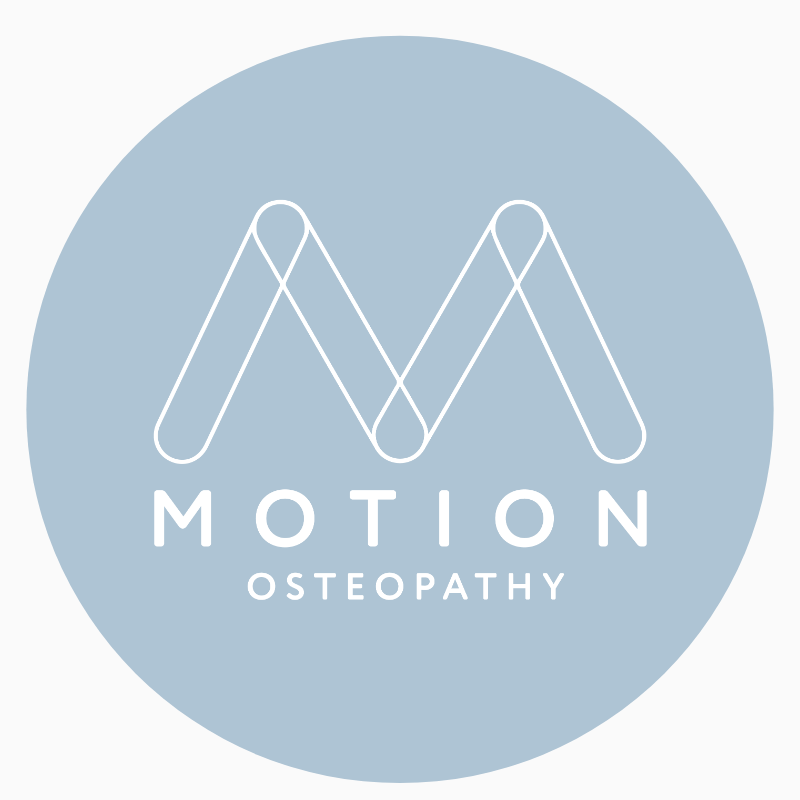Acupuncture Vs Dry Needling
What is the difference?
Many people get confused when we ask them if they’ve had dry needling before and respond with “Yes, I’ve had acupuncture” or “How is that different to acupuncture?”. There are some similarities, such as using the same thin stainless steel needles and the way the needle is delivered, however, the origin, aim and theory of techniques are quite different. So we have simplified it below.
Acupuncture
Aims to reduce pain by restoring the energy flow of the body or “chi”
Chi circulates in the body along twelve major pathways, called meridians, each linked to specific organs and organ systems
Based on traditional chinese medicine, first established in China
In most cases to acquire certification in acupuncture, a 3 year Bachelor or equivalent degree is needed
Dry Needling
Treatment of muscular pain and myofascial dysfunction
Target trigger points in the muscle to reduce tension by relaxing overactive muscles
Based on western medicine principals
Dry needling certifications are available to health practitioners and selected occupations which are delivered by accredited providers usually over multi-day courses
Below are some more frequently asked questions about dry needling:
How does it work?
When inserting a fine filament needle into the trigger point of the muscle we aim to disrupt the abnormal neuromuscular activity which encourages the contracted tissue and muscle fibres to relax, relieve the hyper-irritability of the sensory nerves, reduce inflammation, improve flexibility and provider better circulation to the surrounding tissue. Dry needling induces a local inflammatory response resulting in new blood and nutrients to the area which aids the tissue healing. The twitch response is the best technique to achieve these concepts however, leaving the needles in for a period of time can also trigger these benefits.
Is dry needling right for me?
If you have a phobia of needles or have an allergy to metals then this type of treatment may not be right for you. If pressing on tight muscles or “knots” triggers pain then dry needling will likely help with treating the symptoms. It is important to tell your practitioner if you are pregnant, have a blood disorder, have a heart condition, if you have just had surgery or if you have an infection or illness you think may be the cause of your pain.
Does dry needling hurt?
In some cases dry needling may be painful, depending on the injury or the area that the needle is inserted to there could be some discomfort when using this technique. In saying this, needling can also be more tolerable in the acute stages and hypersensitive tissue presentations rather than remedial massage or hands on therapy. There will be an initial sting as the needle is tapped into the skin (similar to a mosquito bite). As the needle is advanced into the muscle, the muscle may contract and “twitch”, this is a good sign as we know we have hit the correct target and that is the trigger point in the muscle. Most therapists will then leave the needles in for approximately 5-10 minutes and treat another part of the body. After this treatment, especially if this is a new technique to your body, there may be some soreness (which can be described as a bruised type of feeling or tightness) however this is normal and should dissipate within 48 hours. That being said, some patients don’t feel the needles as they are very fine and therapists are trained to have a great technique making it as comfortable as possible for the patient.
Who can provide dry needling?
Many different practitioners are able to perform this treatment method and we have listed some below. It is a good idea to ask and make sure that your specific practitioner has the correct certification to provide this service as a part of treatment.
Osteopaths
Massage Therapists
Physiotherapists
Chiropractors
General Practitioners and Sports Doctors
Myotherapists
Many more...
Who can provide dry needling at Motion Osteopathy?
All of our osteopaths and our massage therapist are trained in dry needling techniques and use this treatment method frequently in their sessions after patient consent. For any further questions or if you would like to make an appointment with one of our practitioners please call us on 4051 4909 or alternatively visit our website www.motionosteopathy.com.au to book online.
Author: Kayla Della Bella [Remedial Massage Therapist]

